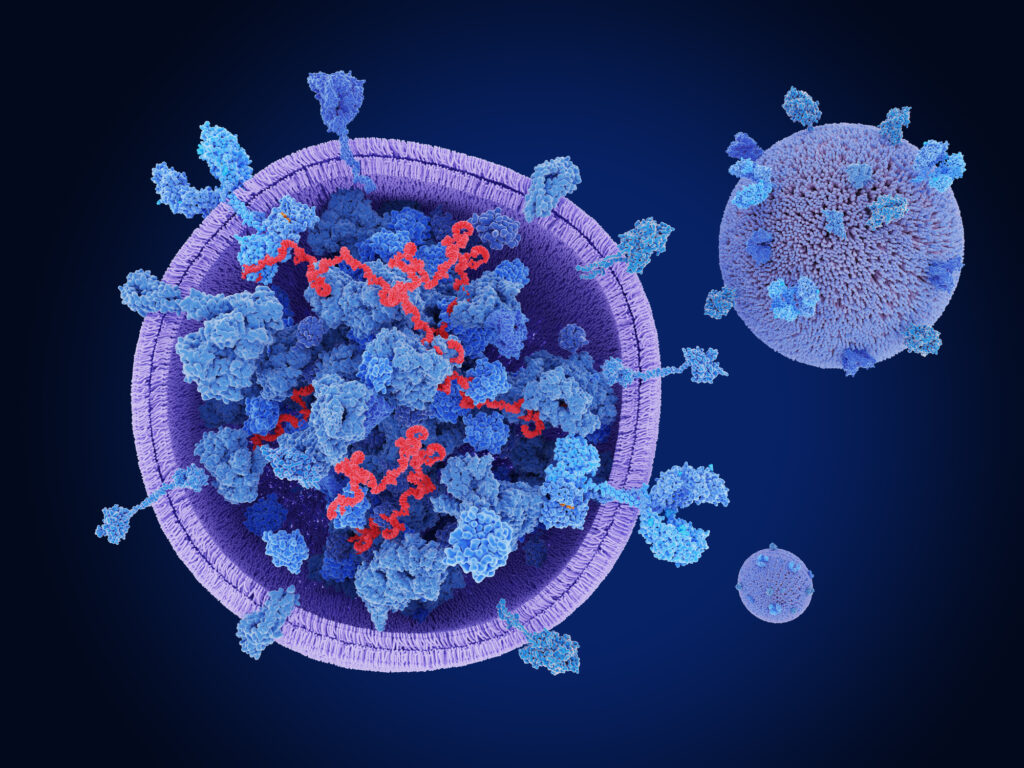Cancer remains one of the leading causes of death worldwide, a complex disease that presents numerous challenges in terms of effective treatment. Despite the advancement of various therapeutic strategies, the efficacy of these treatments can often be limited by a range of factors. In recent years, researchers have turned their attention to the potential of stem cells, particularly mesenchymal stem cells (MSCs), in combating cancer.
MSCs are multipotent stromal cells that can be sourced from a variety of tissues, including bone marrow, placenta, umbilical cord, menstrual blood, Wharton’s jelly, adipose tissue, and dental pulp. These versatile cells have the remarkable ability to differentiate into various cell types, such as osteoblasts, chondrocytes, and adipocytes. This multipotency, coupled with unique characteristics such as paracrine effects, immunomodulation, tumor tropism, and migration capabilities, positions MSCs as promising candidates for cancer therapy.
A particularly exciting aspect of MSCs is their role as living carriers for the delivery of therapeutic genes and chemical agents directly to tumor sites. This targeted approach can potentially enhance the effectiveness of cancer treatments while minimizing side effects. Additionally, exosomes—small extracellular vesicles released from MSCs—have emerged as potent cell-free tools in cancer therapy. These exosomes carry various bioactive molecules and can influence tumor behavior, making them a focus of ongoing research.
MSCs have been shown to inhibit cancer progression through the modulation of several key signaling pathways, including the Wnt/β-catenin and PI3K/AKT/mTOR pathways. These pathways are critical in regulating cell growth, survival, and differentiation, and targeting them could provide a means to effectively manage cancer.
However, the application of MSCs and their exosomes in therapeutic contexts does not come without challenges. Issues such as variability in MSC characteristics, potential tumor-promoting effects in certain contexts, and the mechanisms governing their homing ability to tumor sites remain areas of active investigation. Addressing these challenges is vital for maximizing the therapeutic potential of MSCs in oncology.
In their recent review, authors Parisa Kangari, Reza Salahlou, and Somayeh Vandghanooni delve into the significance of MSCs in cell-based therapy. They highlight the cells’ homing properties and immunomodulatory characteristics, which are crucial for their application in cancer treatment. The review also explores the potential of MSCs as carriers for anticancer agents and their role in modulating the signaling pathways involved in cancer cell behavior.
The exploration of mesenchymal stem cells in cancer therapy represents a promising frontier in medical research. As scientists continue to unravel the complexities of these cells and their mechanisms of action, there is hope for new, more effective cancer therapies that could significantly improve patient outcomes in the fight against this devastating disease.


